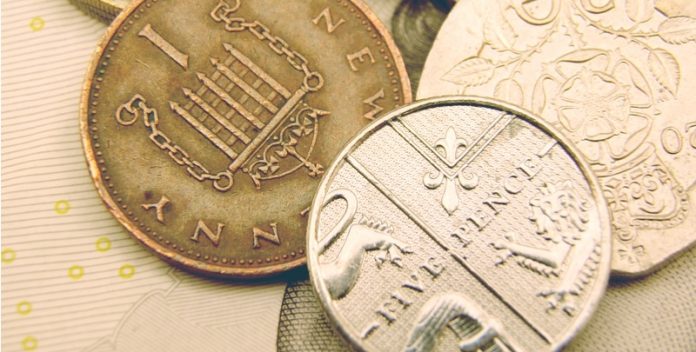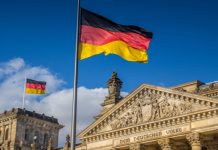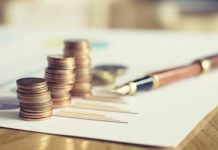- Australian economy sees deepest contraction since records began in 1959 and first recession in 30 years
- RBA expands lending facility to support low interest rates for borrowers
- Pound (GBP) rises as house prices jump for a second straight month
- BoE’s Andre Bailey is due to speak
The Pound Australian Dollar (GBP/AUD) exchange rate is on the rise for the third straight session. The pair settled on Tuesday +0.1% 0.8147. At 08:15 UTC, GBP/AUD trades +0.1% at 1.8171aafter having spike to 1.8228 earlier in the session.
The Australian Dollar is falling across the board on Wednesday after data revealed that the Australian economy contracted by -7% quarter on quarter in the April – June period. This is the steepest contraction since record began in 1959 and the nation’s first recession in almost 30 years. The slump was larger than the 6% forecast adding downward pressure to the Australian Dollar.
Whilst Australia handled the initial outbreak of coronavirus quickly and efficiently, a second wave has resulted in an almost two month lockdown in Melbourne, the nations second largest city. This will delay the economic recovery in Australia.
The Reserve Bank of Australia also expanded a lending facility for banks to help keep interest rates low for borrowers. The central bank said that it continues to consider how to best support the economy.
The Pound is trading broadly higher versus its major peers. Strong house price data, following from upbeat manufacturing data in the previous session is boosting hopes surrounding the economic recovery and overshadowing Brexit concerns.
Nationwide house price data revealed a solid 2% increase in house prices in August compared to the previous month, following from a +1.8% jump in prices in July. Expectations had been for a milder 0.5% rise. House prices are benefitting from the stamp duty holiday, low mortgage rates, pent up demand and people reassessing their housing needs after lock down.
The data comes following the manufacturing PMI yesterday, which showed that factory output jumped last month at the fastest pace in 6 years.
Attention will now turn towards Bank of England Governor Andrew Bailey, who is due to appear before the Treasury Select Committee. Andrew Bailey will discuss the economic impact of coronavirus. His comments will be closely watched and could provide fresh direction for Sterling.





